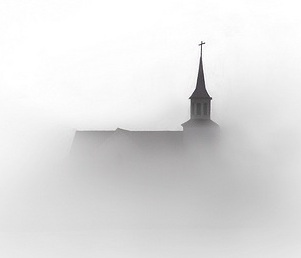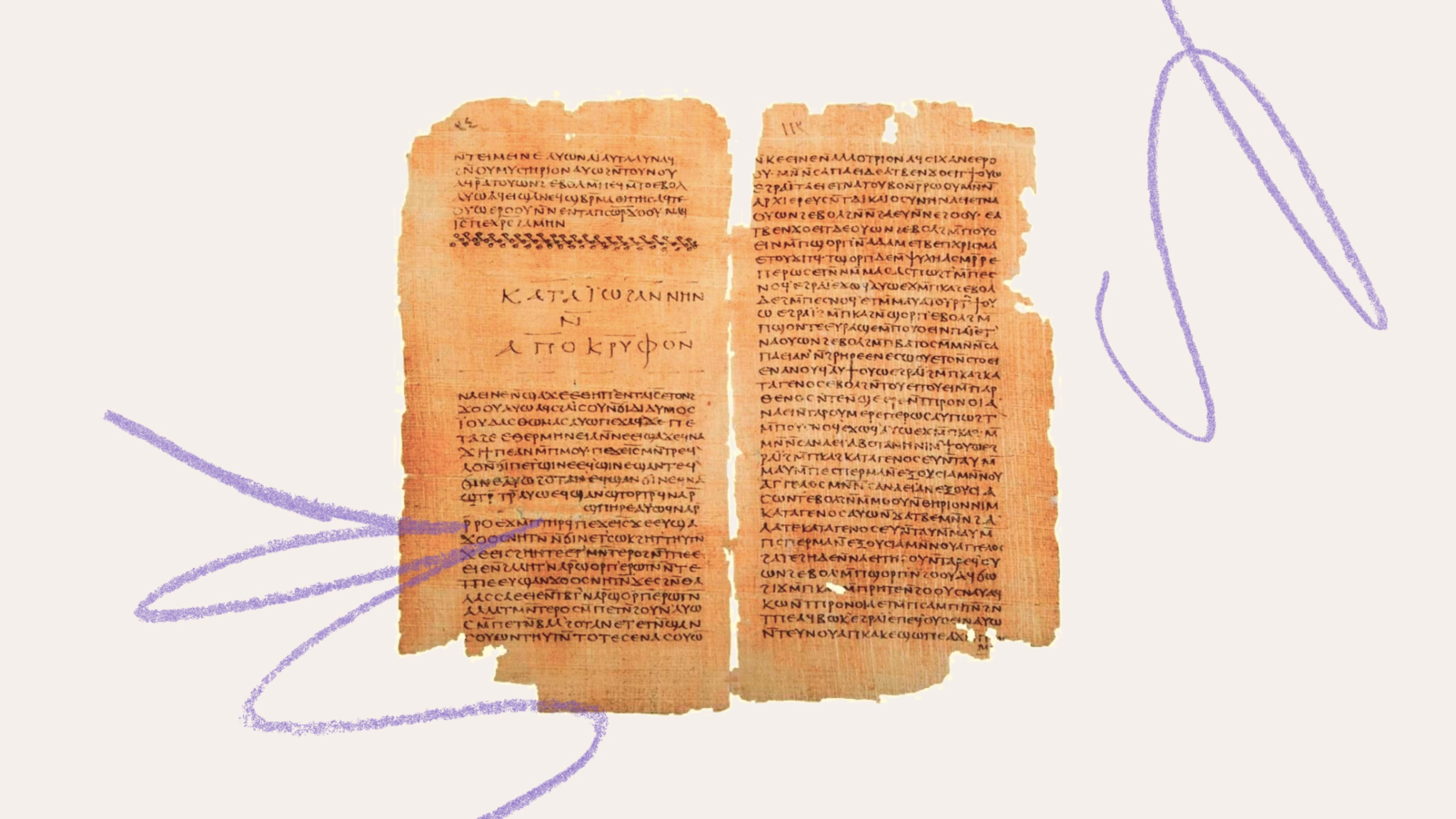The Blinding Fog of Religious Moderation

The author Sam Harris was, to my knowledge, the first of the New Atheists to make a novel and important observation about the way religious privilege operates in our society. Religious moderates talk a good game about peace, democracy, freedom of conscience, equal rights for women and minorities, and so on. But when push comes to shove, they almost always side with their fundamentalist brethren in arguing that faith is a good thing and shouldn’t be criticized, even when faith is directly responsible for the evils they theoretically oppose. The other day, I saw a pitch-perfect illustration of that. (HT: The Wall of Separation)
Said example came from the Christian evangelical Jim Wallis, who wrote a column in the Huffington Post arguing that the religious right isn’t nearly as powerful as everyone thinks. On the contrary, he says, most evangelicals are politically moderate, and the threat of theocracy is being exaggerated by “secular fundamentalists” who are “all too eager to discredit religion”:
…some liberal writers seem hell-bent on portraying religious people as intellectually-flawed right-wing crazies with dangerous plans for the country.
Let me try to be clear as someone who is part of a faith community that is, once again, being misrepresented, manipulated, and maligned.
Wallis’ self-pity is especially hilarious in light of who he thinks his persecutors are. Yes, those poor, downtrodden evangelicals! All they have are their own private schools and universities, their own multimillion-dollar media empires, their own stadium-sized megachurches, and their own armies of Capitol Hill lobbyists. With such meager assets, it’s no surprise that they’re powerless against a few “liberal writers” who “live in the same zip codes in New York, Washington, D.C., and California”. (If you think it’s tough being a Christian, Mr. Wallis, you should try being an atheist sometime.)
Wallis uses a tactic that’s typical of defenders of religious privilege: rather than attacking the right-wing bigots and theocrats who give his faith a bad name, he attacks the journalists who accurately point out what those people are doing. His beliefs leave him no choice: he says “I will never compromise the truth of my own faith”, and in the final analysis, that means he’ll always side with his fellow evangelicals against anyone who believes that evangelicalism as a whole does more harm than good.
I would welcome evidence supporting Wallis’ contention that evangelicals are becoming more politically diverse, but it just isn’t there. In election after election, one of the best predictors of whether a person votes Republican is how often they attend church. Younger evangelicals are far more conservative than the general population, and are even more conservative than older generations on some issues, like abortion and stem-cell research. (Note: I don’t endorse all the conclusions drawn in that article.) The new generation of evangelical leaders, like Rick Warren, put on a show of moderation in public but admit when pressed that they have the same priorities as their fundamentalist brethren: feeding the hungry is negotiable, outlawing gay marriage isn’t.
The fact is that religious morality, because it’s based on pleasing the whims of an assumed deity and not on human well-being, is fundamentally anti-progressive. Although religious groups are being carried along by the tide of social progress, they’ve always fought every step of the way. It’s for this reason that atheists want to see religion’s influence weakened in the world and a human-based morality take its place. The fundamentalists and zealots may be against this, but at least they state openly what they stand for. Religious moderates fog the issue by parting with fundamentalists on their harmful views, but defending the faith-based thinking that led them to those views in the first place.
Image credit: John Prassas, released under CC BY-SA 2.0 license





